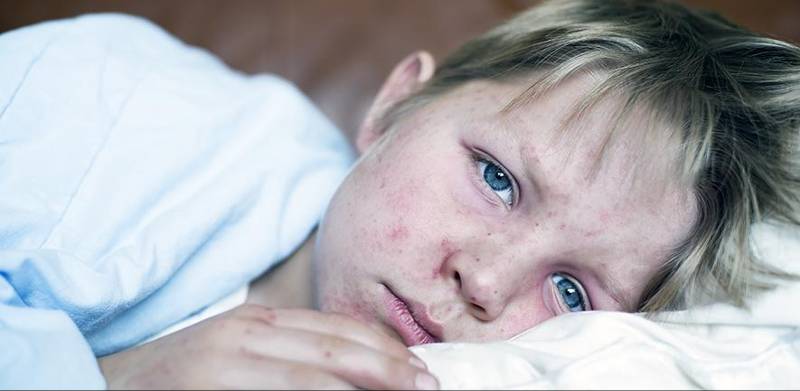A study conducted by researchers from the University of Cambridge, UK, and Fudan University, China, has uncovered a surprising connection between the mode of delivery at birth and the effectiveness of the measles vaccine. The findings, published in the journal Nature Microbiology, reveal that children born via caesarean section (C-section) are up to 2.6 times more likely to experience complete vaccine failure compared to those born through vaginal delivery.
The Crucial Role of the Gut Microbiome
The study suggests that the development of an infant’s gut microbiome, the vast collection of microbes residing in the gut, may play a critical role in determining the effectiveness of the measles vaccine. Vaginal birth has been shown to transfer a greater variety of microbes from mother to baby, which can boost the immune system and potentially enhance vaccine response.
Professor Henrik Salje from the University of Cambridge’s Department of Genetics, joint senior author of the report, emphasized the long-term consequences of birth mode on immunity, stating, “We’ve discovered that the way we’re born – either by C-section or natural birth – has long-term consequences on our immunity to diseases as we grow up.”
The Importance of the Second Measles Jab
While the first measles jab may be less effective in children born by C-section, the study found that a second dose induces a robust immune response against measles in these children. Given the highly infectious nature of measles, even low vaccine failure rates can significantly increase the risk of an outbreak.
Professor Salje stressed the importance of ensuring that children born by C-section receive their second measles jab, stating, “Infants born by C-section are the ones we really want to be following up to make sure they get their second measles jab, because their first jab is much more likely to fail.”
As the rates of caesarean section births continue to rise globally, with a third of all births in the UK and over half in countries like Brazil and Turkey being C-section deliveries, understanding the potential impact on vaccine effectiveness becomes increasingly crucial. The findings of this study underscore the need for targeted efforts to ensure that children born by C-section receive the necessary vaccinations to protect against highly infectious diseases like measles.
Wang, W. et al: ‘Dynamics of measles immunity from birth and following vaccination.’ Nature Microbiology, 13 May 2024. DOI: 10.1038/s41564-024-01694-x


